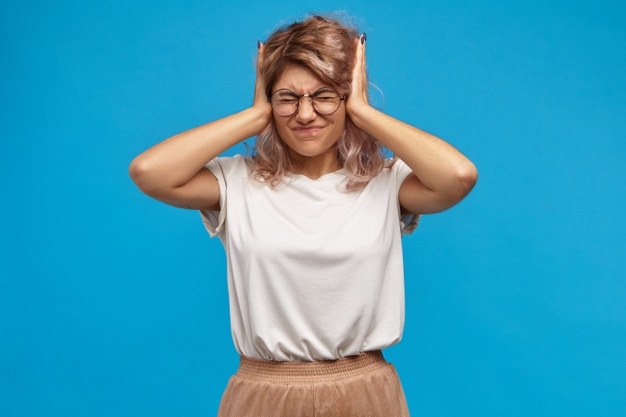The intensity of sound is measured in terms of decibels(dB). For example, the sound of a refrigerator measures to be around 40 decibels, a conversation between two people measures approximately 60 decibels, sporting events and concerts measure up to 94-110 decibels.
Sound is what we hear and noise is unwanted sound. Therefore, what we call noise changes from person to person. Generally, noise is unpleasant comparatively. Noise can be harmful when they are too loud, even for a brief time, or loud and long-lasting.
According to World Health Organization(WHO), noise above 65 decibels is noise pollution. Any noise above 75 decibels is harmful and any noise above 120 decibels is painful.
In this article, we will let you know how noise pollution effects human health and how to prevent noise pollution. Let’s get started
Effects Of Noise Pollution
According to a European agency, noise pollution is responsible for around 16,000 premature deaths and 72,000 hospitalizations in Europe alone.
- Noise Pollution can cause high blood pressure, headache, and in severe cases, even heart attacks.
- It can also cause stress, hysteria, depression, and anxiety in humans as well as in animals.
- Noise Pollution can cause aggressiveness, irritability, loss of focus, and concentration.
- It can alter our sleep cycle leading to fatigue and laziness.
- Noise pollution makes it difficult for animals to accomplish tasks such as navigate, find food, and avoid predators, which affects their ability to survive.
While other forms of pollution are decreasing(thanks to global goals such as Sustainable Development Goals), noise pollution is on the rise. How can we prevent this?
How to Prevent Noise Pollution
- Better traffic management can lead to lesser traffic jams, and in turn, less noise pollution.
- Awareness of noise pollution is crucial to beat this invisible enemy. People should be made aware of the gravity of the situation. Environmental education is the way forward.
- Quiet road surfaces and low-noise tyres can contribute to the reduction of traffic noise substantially.
- Wearing earmuffs or earplugs while doing a loud activity. Protecting the ears of children who can’t protect their own by using kids’ earmuffs.
- Using less noise and environmentally-friendly electric vehicles.
- Installing noise-absorbing materials in home/office.
Conclusion
Noise pollution is regarded as “the silent killer”, with potentially severe consequences for both our physical as well as mental health. Noise pollution is thus a pressing issue that must be dealt with more seriousness.

